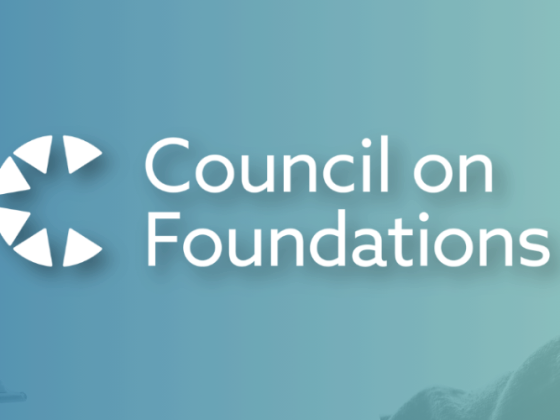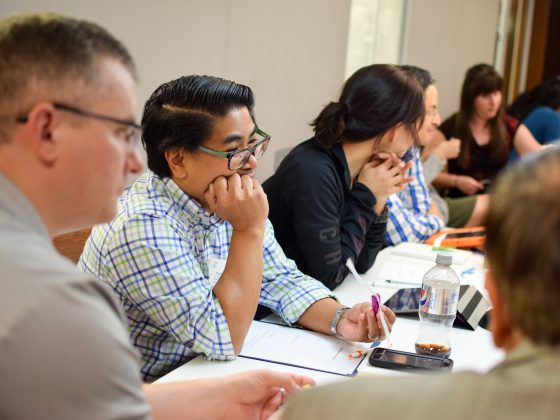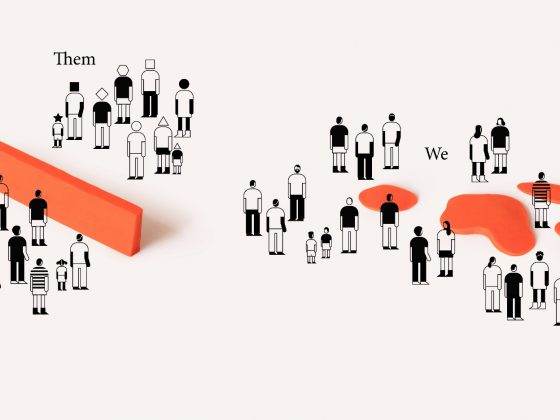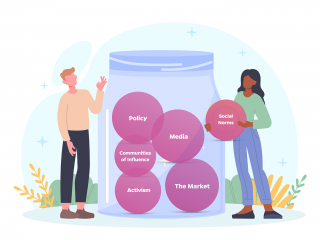STRATEGY TO DRIVE CHANGE
Public Interest Communications helps movements, foundations, agencies and organizations apply behavioral, cognitive and social science to build better communication strategies for the common good.
Why Public Interest Communications? We are formalizing the study and practice of science-based, strategically planned communication campaigns for the common good. A public interest communications approach has the main goal of achieving significant and sustained positive behavioral change on issues that transcend the particular interests of any single organization or individual. Read more »
What is the ‘common good’? We define this as everyone in our pluralistic society being able to enjoy the same unalienable rights defined in our founding documents, that people who create an adverse condition are held accountable for being part of the solution, that everyone has the opportunity to live a long and healthy life as they choose, and that each generation leaves our planet and systems in better health than we found it.

Our team
Our core team features experts in public relations, social science research, journalism and training. Find out more about us.

frank gathering
We convene an annual gathering for folks who work to change the world. frank brings together a purposely small group of sophisticated, groundbreaking, and sometimes surprising communicators. Explore the gathering.

research prize
Our annual prize is one way we achieve our mission of turning research into actionable insights for the front line. Find out more about the prize. Find out more about the prize
We collaborate with leading organizations working globally and locally providing research insights, training and strategy. Here are just some of our partners:








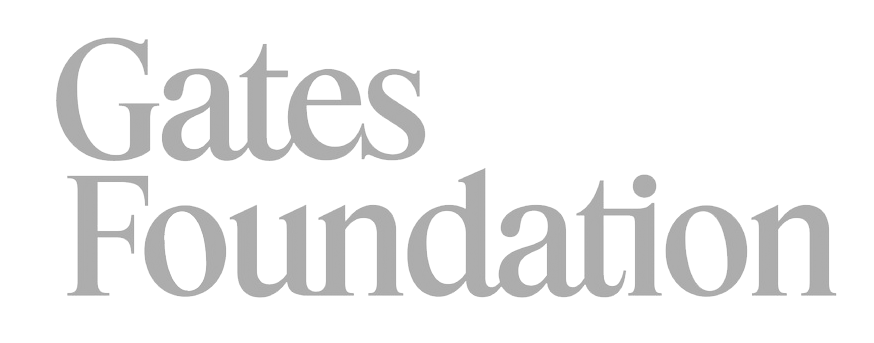

Our frameworks
We’ve created a number of frameworks, resources and modules to help build capacity in public interest communications approaches, informed by evidence-based findings from behavioral, cognitive and social sciences.

